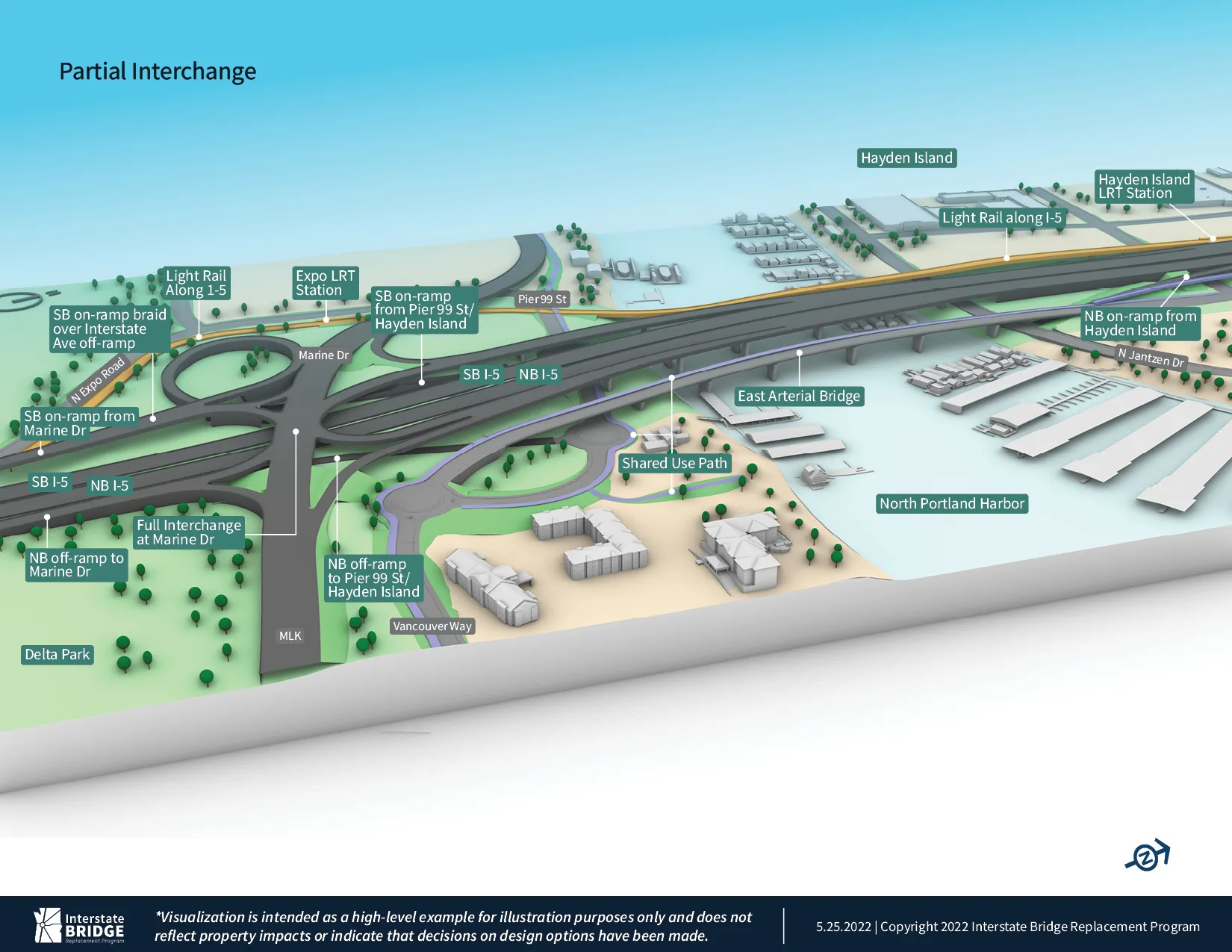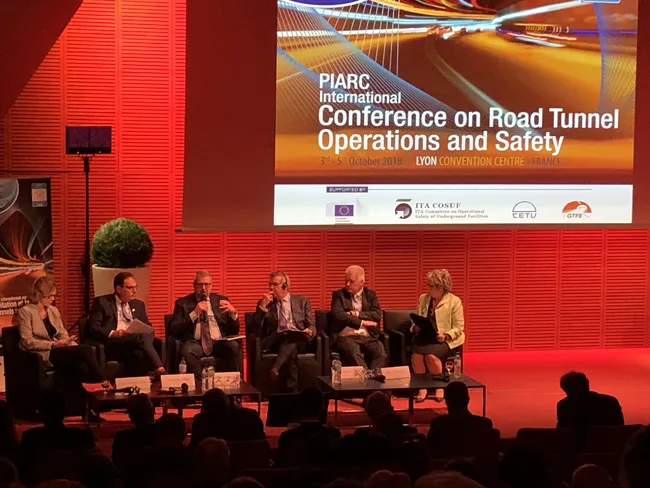
Long-awaited major renovations to Budapest’s historic Széchenyi Chain Bridge and nearby road tunnel have been shelved due to cost concerns, according to Hungarian media.
Upgrading has been at least two-years in the planning to improve the 380m-long, 14.8m-wide suspension bridge that was built between 1839 and 1849. Bids had been submitted but Budapest City Council said it had secured only around €72 million – not even enough to pay for the bridge work alone.
When opened in 1849, it was the first permanent bridge over the Danube River that connected the opposite towns of Buda and Pest – now the Hungarian capital. At the time, its centre span of 202m was one of the longest in the world. The bridge has the official name of István Széchenyi, a major supporter of its construction, although it is commonly called the Chain Bridge.
The bridge's cast-iron structure was updated and strengthened in 1914. During World War II, the bridge was blown up by the retreating Germans in January 1945. Only the towers remained standing but the bridge was reopened after extensive reconstruction in 1949.
The Széchenyi Chain Bridge is one of only two surviving bridges designed by English engineer William Tierney Clark. The other is a suspension bridge in England over the River Thames at the town of Marlow, up-river from London.







